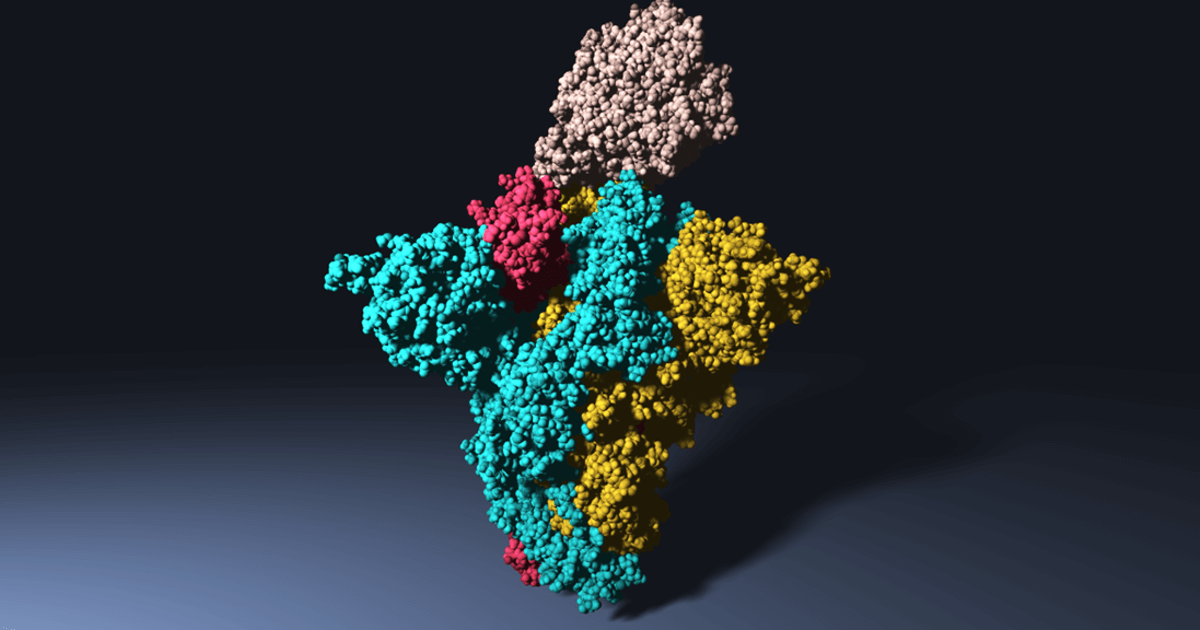Share This Article
Qubit Pharmaceuticals uses quantum AI to develop drugs
Artificial intelligence is being used more and more as a strategic tool for digital transformation in various industries. A notable example of a technological breakthrough is the work of the deep tech company Qubit Pharmaceuticals. The company is implementing quantum AI in biochemistry developments.
The company’s unique approach
The deeptech startup Qubit Pharmaceuticals specializes in creating therapeutic agents. Qubit Pharmaceuticals uses a unique approach in which quantum AI plays a key role. Thanks to this technology, the developer plans to significantly reduce the duration of laboratory experiments. Additionally, AI will help reduce the cost of developing new drugs to treat rare diseases.
One of the company’s major accomplishments was developing its quantum AI model, FeNNix Bio1, in collaboration with Sorbonne University. The model specializes in biochemistry tasks and demonstrates high accuracy in key aspects of molecular modeling. The model’s main capabilities are:
- modeling and simulating the behavior of molecules while taking into account their interactions.
- performing high-precision and high-speed calculations that were previously unavailable using classical methods;
- predicting the ability of molecules to bind to biological structures, such as proteins and DNA.
This last feature is particularly important. The ability of a molecule to interact specifically with a target structure is one of the most challenging tasks in pharmaceutical development. The number of potential chemical combinations is virtually limitless. There are over 100,000 possible targets and trillions of molecular configurations. Working with such large amounts of data requires significant resources and time.

Consequently, drug development necessitates lengthy, multi-stage research. This increases the cost of the creation process.
Quantum artificial intelligence ensures molecules accurately target specific structures in the body. This reduces the number of testing stages and accelerates the development of new drugs.
Jean-Philippe Picquemaal, the scientific director at Qubit Pharmaceuticals, recognizes the significant potential of this new technology. It enables the modeling of a drug molecule’s action on a specific protein, DNA, or RNA segment. AI provides highly accurate results that can be used as a basis for experiments. Modelling allows the standard chemical synthesis operation to be replaced with a more efficient approach.
Development features
Scientists used the computing power of GENCI, EuroHPC, and Argonne to create the FeNNix Bio1 model. The AI was trained on the world’s most accurate molecular chemistry database. The machine familiarized itself with elementary particles and then assembled molecules from them. This process is similar to building with Legos, where individual elements can create grand figures.
FeNNix Bio1 has already demonstrated its effectiveness in solving one of the most difficult problems. The AI could simulate how water molecules would behave in different phases and states with maximum accuracy. The model predicted the behavior of ions in solutions with maximum accuracy. Previously, this could not be achieved with other technologies.

